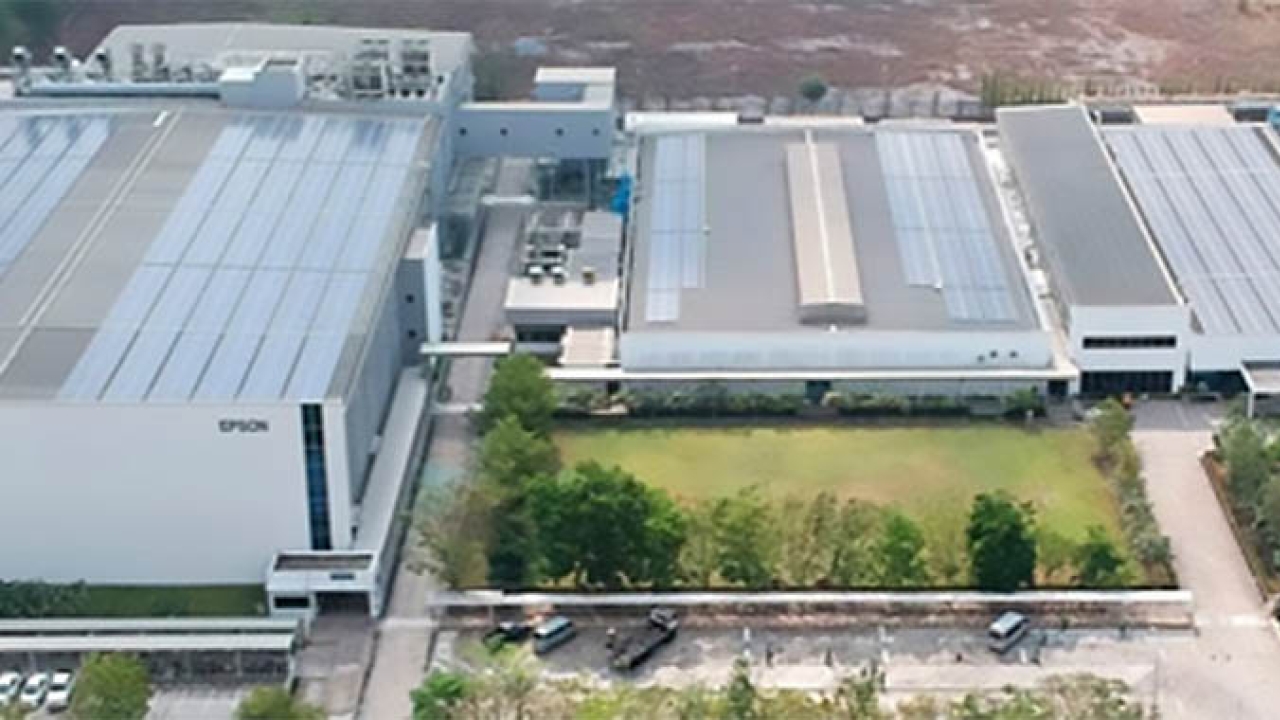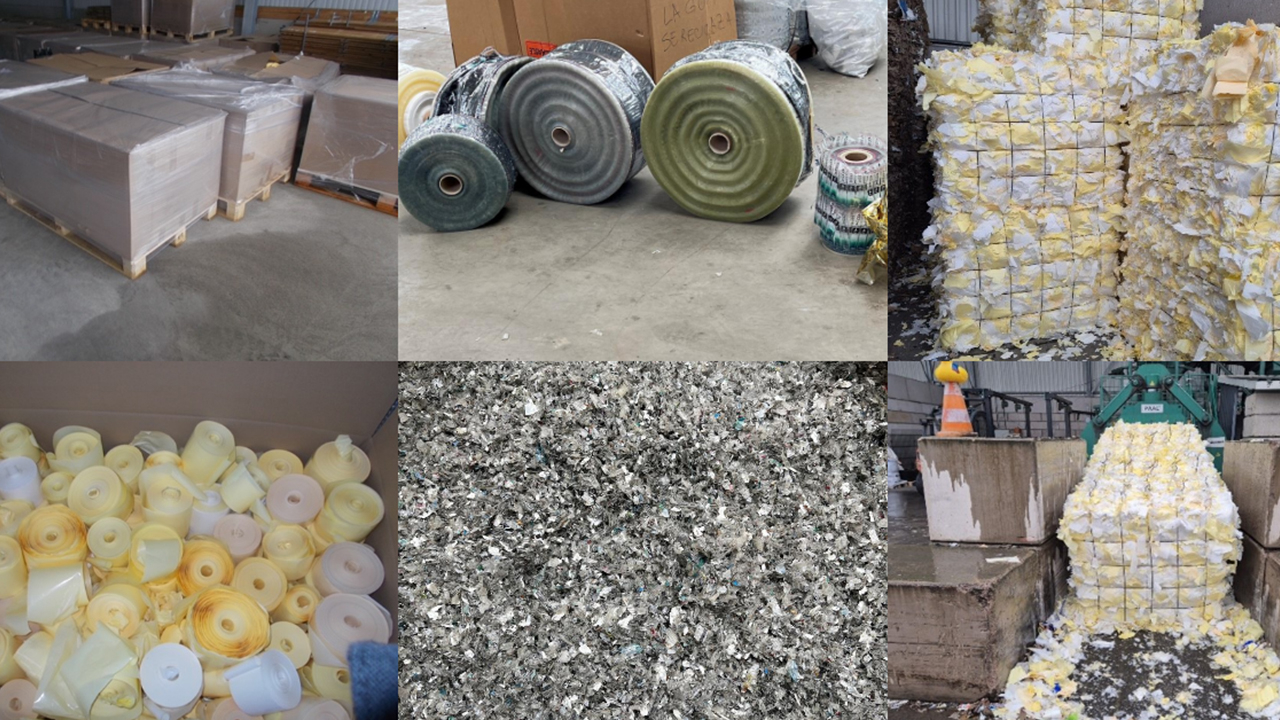Epson switches to renewable electricity at Japan sites
Epson will become the first company in the Japanese manufacturing industry to convert to 100 percent renewable electricity for all its domestic sites, amounting to a total of 530GWh annually, on November 1,2021. As a result, Epson will reduce its annual carbon dioxide emissions by approximately 250,000 tons.

With COP26 approaching and high global interest in societal issues, especially those involving the environment and energy, Epson established and is pursuing a new long-term environmental management policy called Environmental Vision 2050. To achieve the decarbonization goal set forth in the Paris Agreement, Epson has positioned renewable electricity use as a priority action in its 2025 Science Based Targets achievement scenario.
In March 2021, Epson announced that all global Epson Group sites would meet their entire energy needs with 100 percent renewable electricity by 2023. This will enable the Epson Group to eliminate the approximately 350,000 tons of carbon dioxide arising from its electricity production globally every year.
Epson had planned to convert to renewable electricity at all its domestic sites by the end of the 2021 fiscal year (ending March 2022) but will achieve this ahead of schedule, meeting a milestone on the path to transitioning to 100 percent renewable electricity for the entire Group's power needs. As a result, Epson forecasts that it can meet approximately 40 percent of the Group's total annual electricity needs with renewable electricity in the 2021 fiscal year.
All sites in Nagano Prefecture, where many Epson sites are located, were converted to 100 percent renewable electricity on April 1, 2021. All sites in Japan – originally planned for March 2022 – will be converted on November 1, 2021. By 2023, the company plans to switch to renewable electricity at all its global sites.
As per its Environmental Vision 2050, Epson seeks to become carbon negative and underground resource free. Accordingly, the company will invest approximately 100 billion JPY (876.83 million USD) on decarbonization, closing the resource loop, and environmental technology development over the next 10 years out to 2030.
The company said that it will concentrate most of its management resources on the development of products and services that help to reduce environmental impacts and that also contribute to reducing the environmental impacts of its customers.
Stay up to date
Subscribe to the free Label News newsletter and receive the latest content every week. We'll never share your email address.

